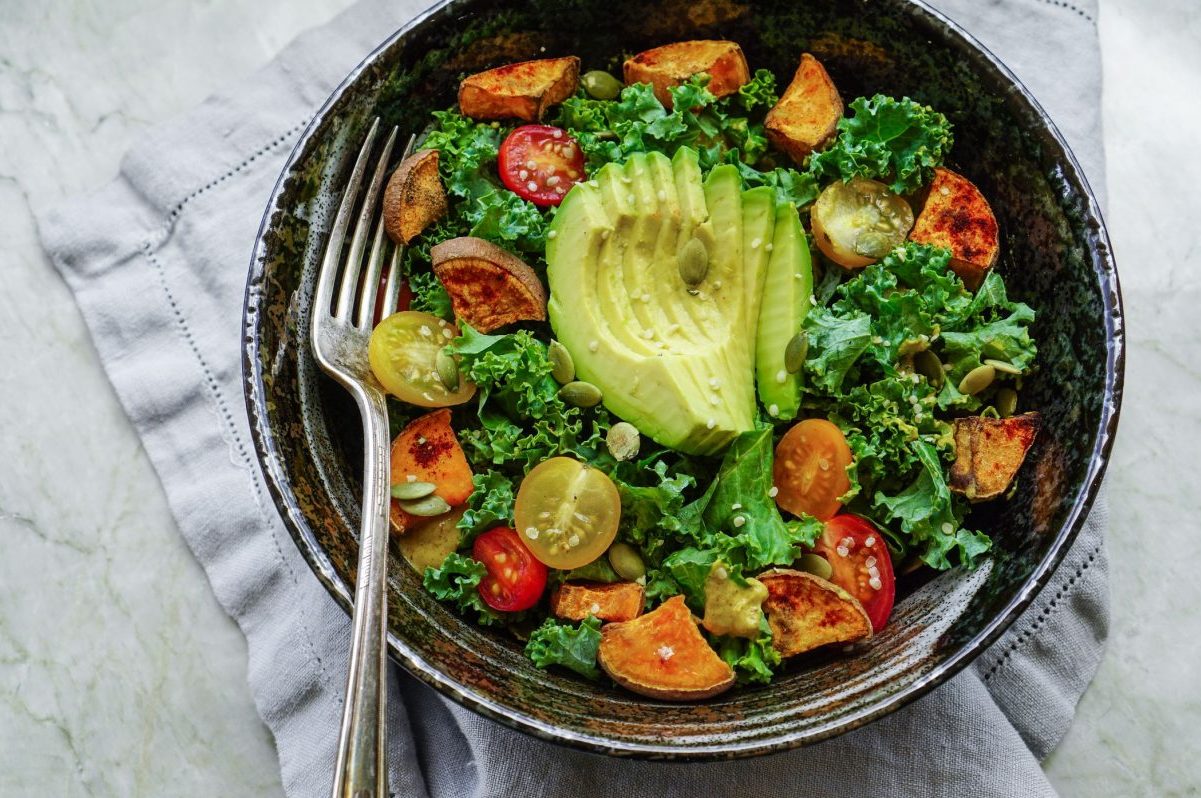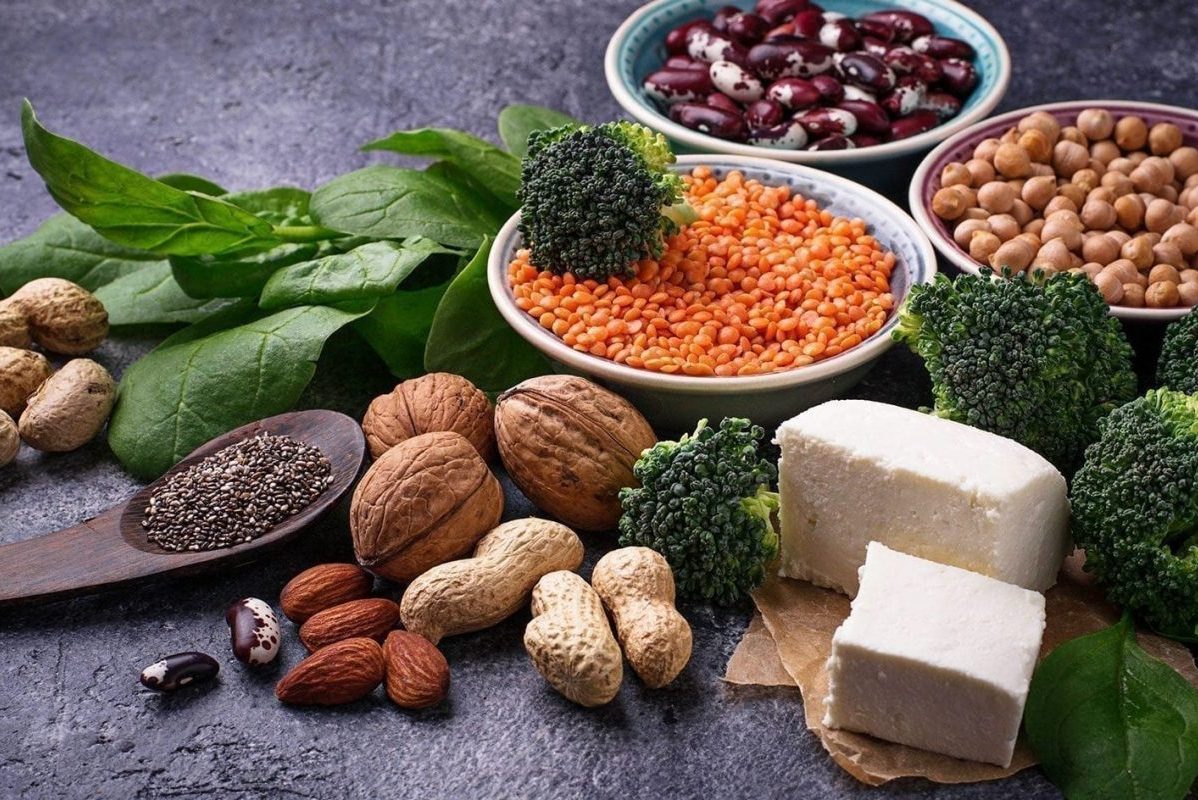Cholesterol is a substance the liver produces to help with forming cell membranes as well as producing hormones. Given that the body produces enough cholesterol, consuming extra cholesterol from foods is unnecessary.
The Types of Cholesterol
LDL Cholesterol: Low-density lipoprotein cholesterol which is often called bad cholesterol, is necessary but in limited quantities. High LDL cholesterol levels can increase your risk of heart diseases.
HDL Cholesterol: High-density lipoproteins, also known as the good cholesterol, helps in eliminating LDL cholesterol.
How Foods Affect Cholesterol Levels
Foods that are rich in saturated fats, cholesterol, and trans fats such as dairy, meats, and eggs can increase cholesterol levels. Thus, increasing the risk of a heart attack. These foods can also trigger the liver to produce more cholesterol than the body actually needs.
On the other hand, a plant-based diet does the exact opposite. Plants have very minimal saturated fats and are cholesterol-free. Plant-based foods are also abundant in soluble fiber; a substance that helps in reducing cholesterol in the body. Beans, barley, oatmeal, and select fruits and veggies are great sources of soluble fiber.
Furthermore, those who consume low-fat foods, exercise daily, follow a plant-based diet, and don’t practice any health-depleting habits can reverse their risk for heart disease.




